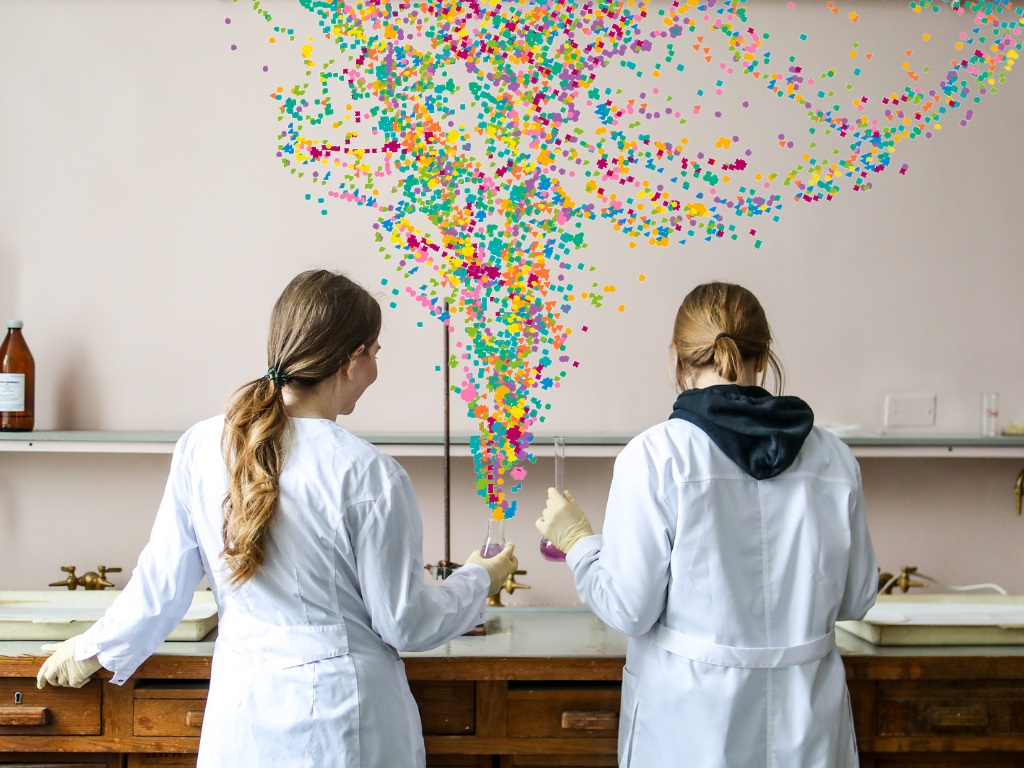Martin Saunders, Head of KS3 Science, Chichester High School
I work at Chichester High school which is a school of approximately 1500 students in West Sussex. Rated “Good” in our most recent Ofsted inspection, the journey continues on towards “Outstanding”. In light of this, we approached OUP to push forward our teaching and learning, along with other big moves at the school.
I started the trial with my own year 7 and 8 classes and was lucky to have some PGCE students supporting me in these lessons (it certainly helped with marking time). As in anything, we all have our own way of doing things, and it was interesting to see some of our PGCE students put their own spin on the lessons and resources (or as one of them said, her own “pazzazz” *cue jazz hands*.)
Adapting to the Oxford Smart Curriculum for Science
Metacognition is one of the latest pedagogical innovations being applied to teaching, and whilst a lot of teachers were left scratching their heads asking what the difference was, the pioneer curriculum helped signpost and resource this. Our own school has a teaching model heavily steeped in metacognition, so seeing the parallels provided some interesting insights into the implementation.
Our academy chain has been using a spiral curriculum, and this, as with most things in teaching, is being refined and tweaked as we move through. So naturally, adapting the resources from OUP to adapt to our own curriculum took a little bit of thought and many spreadsheets.
Recitation and reactivate- a key part of any science curriculum that can get forgotten, so it was nice to see this being addressed and resourced. Any science teacher will tell you, Biology, Physics and Chemistry are huge, so it’s easy to get lost in a sea of atoms and forces and forget stuff they’ve already learnt.
How did Oxford Smart Activate benefit students?
The revisiting of prior content meant low level knowledge was well retained, so when it came to building on this knowledge, we were just that little bit further (and a lot of frustration saved for me as I draw a cell on the board……again……I think I should’ve been an art teacher.)
The Awe and Wonder phase of a lesson was always the most fun. My main fun as a science teacher is making things go whizz, pop and bang and on occasion making an entire class go EEEEUUUUURRRRGH! This was where I got to be creative, and it really helped rope the kids into the lesson we were doing.
Suddenly I was met with cries of “Oh right ok” and “I get it!”
The metacognition focus often meant that tasks were well scaffolded. For those kids who always say “I hate Science” or “I don’t get it” on repeat, I noticed this having a massive impact. Suddenly I was met with cries of “Oh right ok” and “I get it!”. This enthusiasm opened up a pathway to attempting harder tasks and, often, more success. My only barrier I found was when I attempted exams with a class, they struggled to make the jump. Removal of the scaffolding was almost an instant removal of their newfound confidence. For me, my next challenge is working out how to make the link- particularly where it matters most, exams.
Overall, I’ve enjoyed my time using the Pioneer resources for Oxford Smart Activate; it’s forced me to really evaluate my own practice and step up my game as well as benefitting the students around me. I look forward to seeing the developments in the scheme and hopefully my own methods to make the difference that I signed up for when I started teaching.
Oxford Smart Activate is a brand-new curriculum for KS3 Science. For very the first time, curriculum, resources, assessments, next steps and CPD work seamlessly together.
You may also be interested in:
- Using Oxford Smart Activate by Adele Read – Toot Hill School
- Developing metacognition through the science curriculum by Dr Andrew Chandler-Grevatt
- 5 tips for empowering Key Stage 3 science students to succeed by Dr Andrew Chandler-Grevatt
- Using research-based evidence to inspire our new curriculum by Amie Hewish
- A positive outlook for the new Oxford Smart Curriculum

